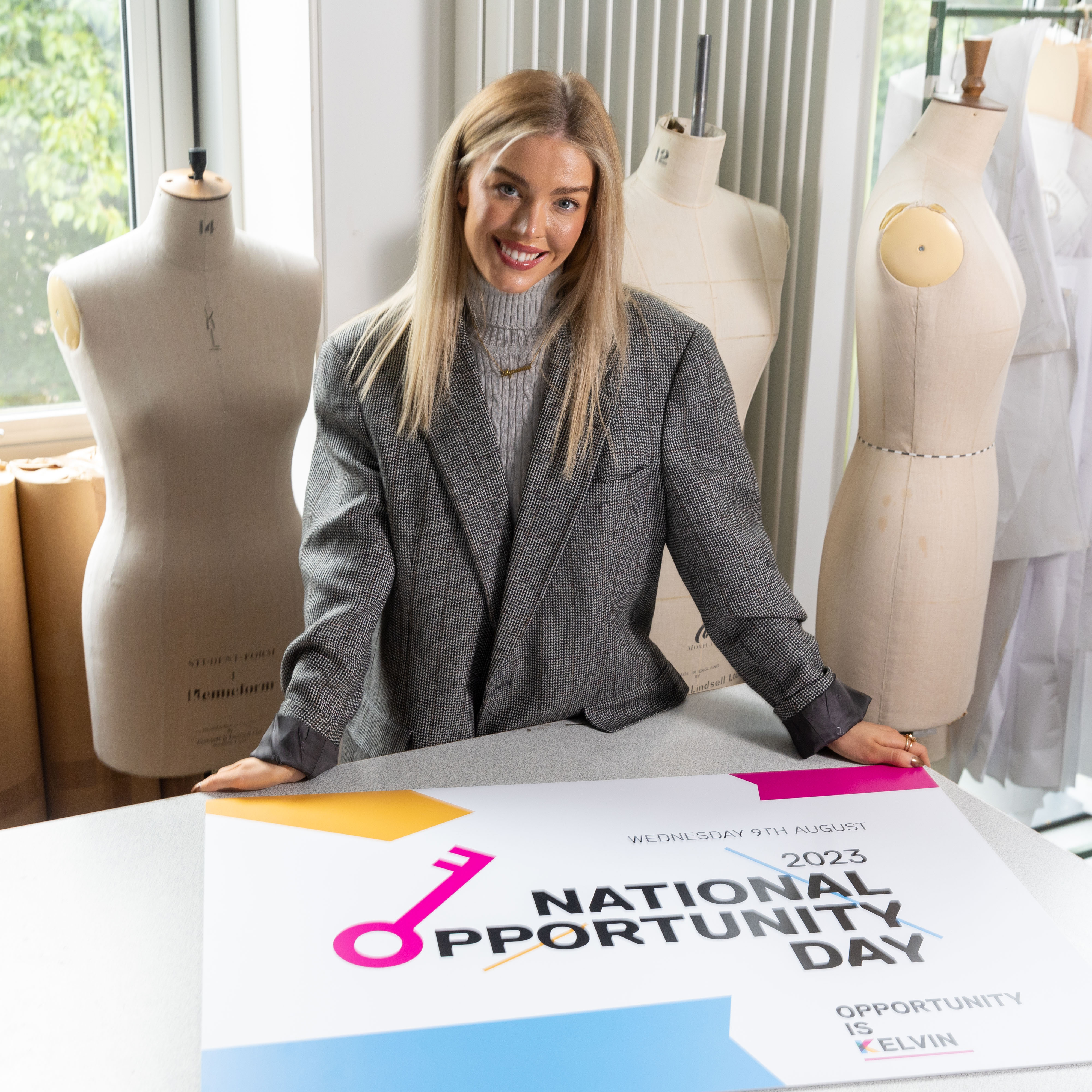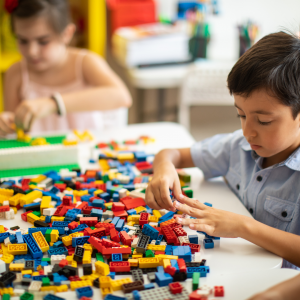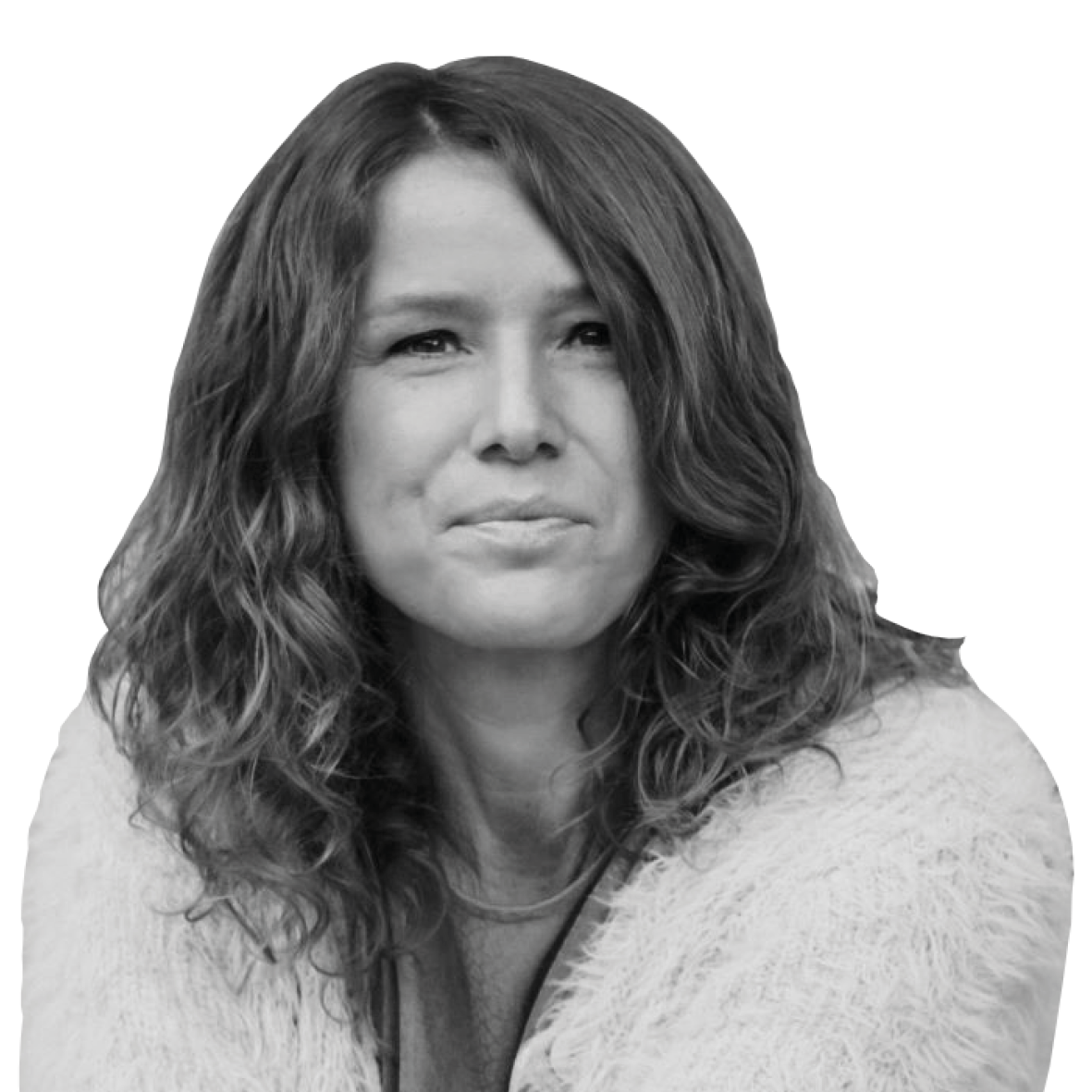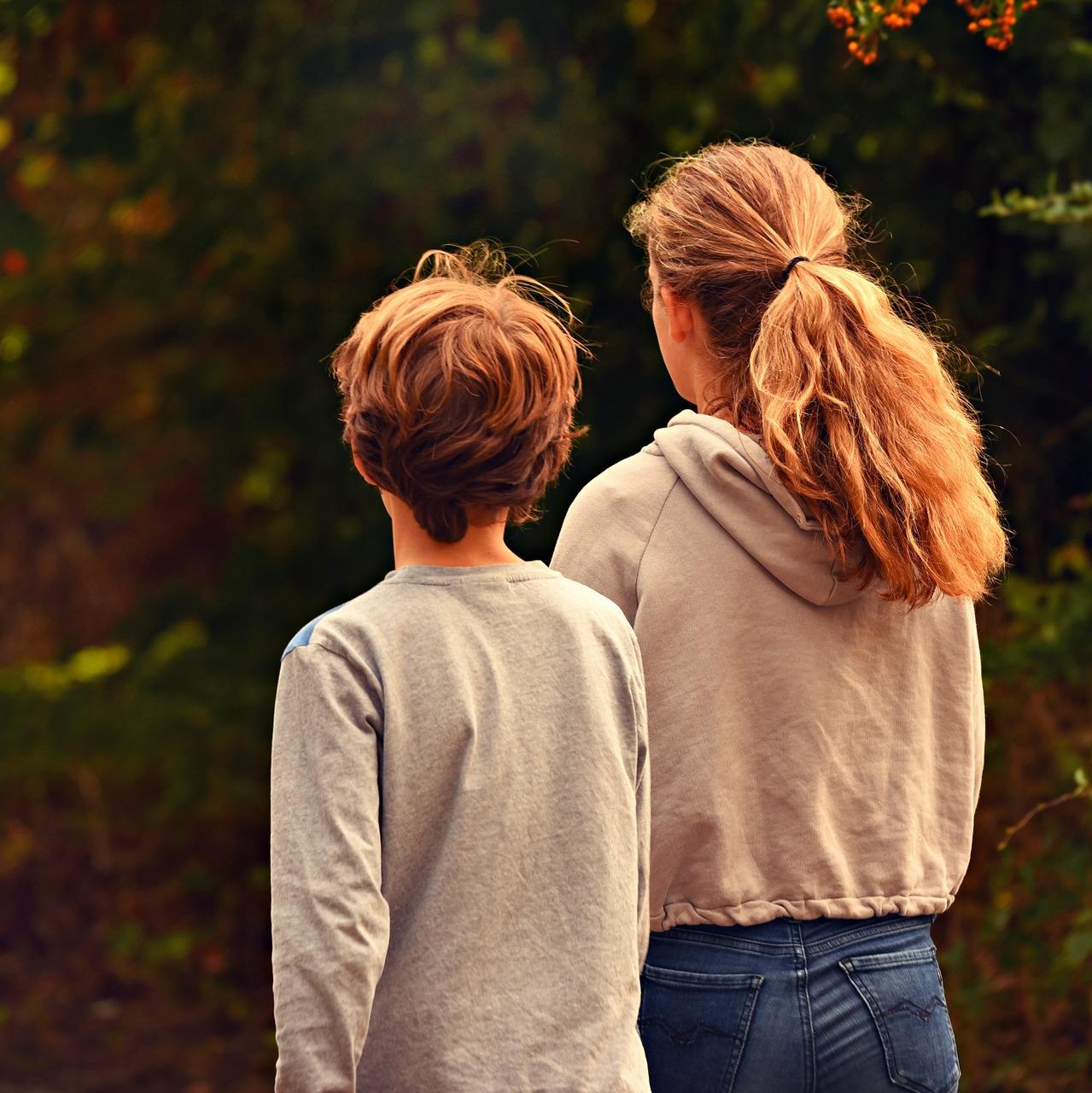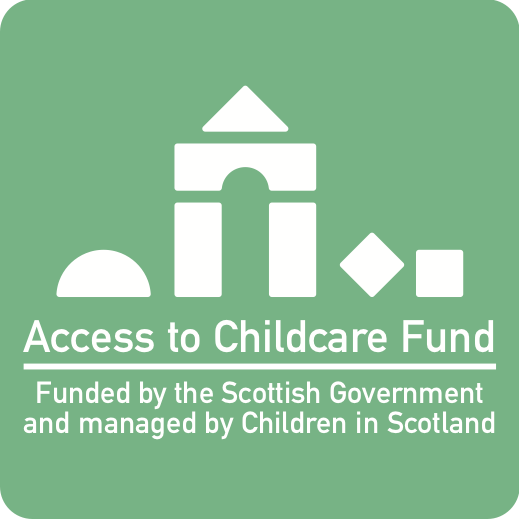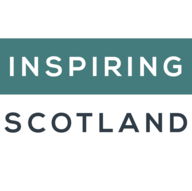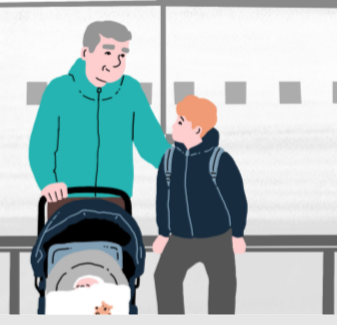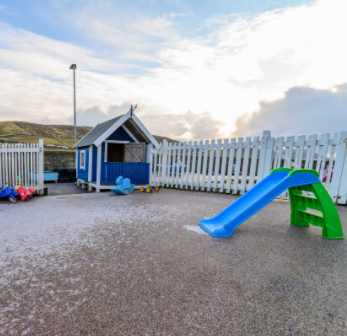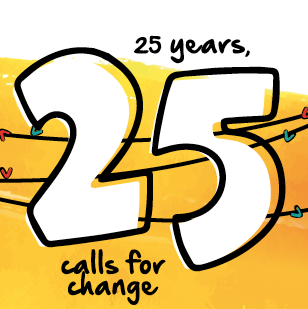14 December 2018
For our 25 Calls campaign we interviewed Professor Richard Wilkinson, co-author of the groundbreaking book The Spirit Level and its 2018 follow-up The Inner Level. In part four of an extensive interview, he discusses how intersecting identities of gender, race and more are affected by increased inequality, and why family environment shapes our perceptions of the world
Children in Scotland: What do you think about intersectionality and discrimination on the grounds of gender, race, age, sexuality, how that might figure in producing poorer wellbeing in children and young people?
Richard Wilkinson: They’re spin-offs of the same issues. Given that there is this huge differential in how much people are valued, no one wants to belong to a group who are seen as inferior whether that is a matter of class, ethnicity or gender. If you’re black you mind all the discrimination against ethnic minorities very much. And if you’re gay or female similarly. These aren’t separate issues. I often say that when anything becomes a marker of low social status it then attracts what are basically the same forms of discrimination, so whether it’s lower class accents, or whether it’s skin colour, or religious affiliation, or in some societies the language group, when any of those become markers of inferiority or low social status, they attract the same sort of stigma and discrimination. And the way we must get rid of them is making sure that there isn’t this huge differential in how people are valued.
Being at the bottom of the social ladder would not of course feel much better if you knew that equal numbers of men, women, black, and white, and so on were at the bottom of the social ladder. We have to make sure the differences are smaller and the social ladder is not so steep.
CiS: You describe in The Inner Level how inequality penetrates family life from the earliest age. Could you say a bit more about how that comes about and how we might be able to prevent it?
RW: The quality of social relationships in the family, from very early on, shape the development of children. People have always talked about the quality of family life as being crucial – indeed more important than whether you have one parent or two parents is the quality of your relationships with whoever your carer or carers are. And, again, I think we need to see this in terms of evolutionary psychology. I’m sorry to keep repeating this, but people’s social environment, their subjective experience, can influence gene expression meaning not that it changes your genetic make-up but that it switches genes on and off so you develop differently according to your social experience. The point of those mechanisms, why we have them and why they exist in animals and even plants, is to allow the young to adapt to the kind of world they’re growing up in.
So a plant which experiences drought early on becomes better able to deal with drought when fully grown. In human beings it’s a matter of: what kind of social relationships are we going to have to deal with? Am I going to have to fight for what I can get? Learn not to trust others because we’re rivals? Or am I in a world where I depend on trust, on reciprocity, on cooperation? Although family life is no longer a good indication of what the world out there in wider society is like, early social experiences still affects our emotional and cognitive development in a way that would have made perfect sense if you were part of a hunting and gathering band, where you interacted with lots of adults and you should learn whether everyone is cooperative and helpful or whether there’s a lot of conflict.
The strong tendency to much higher rates of bullying in more unequal societies is perhaps because children are almost programmed into hierarchical relationships. I don’t think we’re in a position to make a clear distinction between how much comes from family life and how much comes from school experience, but it is clear that when children move from primary school to secondary school and into their teenage years, suddenly finding themselves in this enormous social environment with a thousand or more other kids, it’s an incredibly difficult process. It drastically ups the stakes on social comparisons and puts you in a framework where you feel vulnerable to being judged all the time rather than being amongst a small group of people who know you well and have bonds with. And the experience of bullying can leave life-long scars. It affects how people see themselves and feel others see them; it makes social interaction much more fraught.
CiS: In terms of a family that might be struggling, exposed to violence, or dealing with poverty, do you think we’re any further forward in policy terms in early intervention? In Scotland, it could be argued, it’s talked about, paid lip service to, but there’s little sign of a substantive policy and legislative shift around it.
RW: I think the Labour government was making some progress in reducing child poverty and providing some preschool support but some of that’s been undone, and of course child poverty is forecast to rise. It’s very damaging. Not only in the way I’ve described, but also because there is a sense in which part of the function of parenting is to pass on the experience of life, so if you as a parent have experienced a lot of adversity and felt you had to fight for what you can get, then you probably feel you need to toughen your children up to prepare them for that same experience. I sometimes refer to a court case where women were on trial because they’d been making their toddlers fight. On trial they apparently showed no remorse, but said it was important to toughen [the children] up. If that’s your experience of the social world then you can’t let your children grow up too soft. And yet, if they find themselves in a different world they may not be good at being cooperative and trusting, which would have looked soft in another world. So, it’s not a matter of whether we should all be either more cooperative or harder, in about adjusting to the reality of the society you’re in. Why I focus on inequalities, is because I think it makes a fundamental difference to the social reality – the quality of social relationships – in the wider society.
Click here to read part one of the interview
Click here to read part two of the interview
Click here to read part three of the interview
Richard Wilkinson is Professor Emeritus of Social Epidemiology at the University of Nottingham, Honorary Professor of Epidemiology and Public Health at University College London and Visiting Professor at University of York. He co-founded The Equality Trust with Kate Pickett.
The Inner Level is published by Penguin.
Interview by Chris Small. Edited by Morgaine Das Varma.
